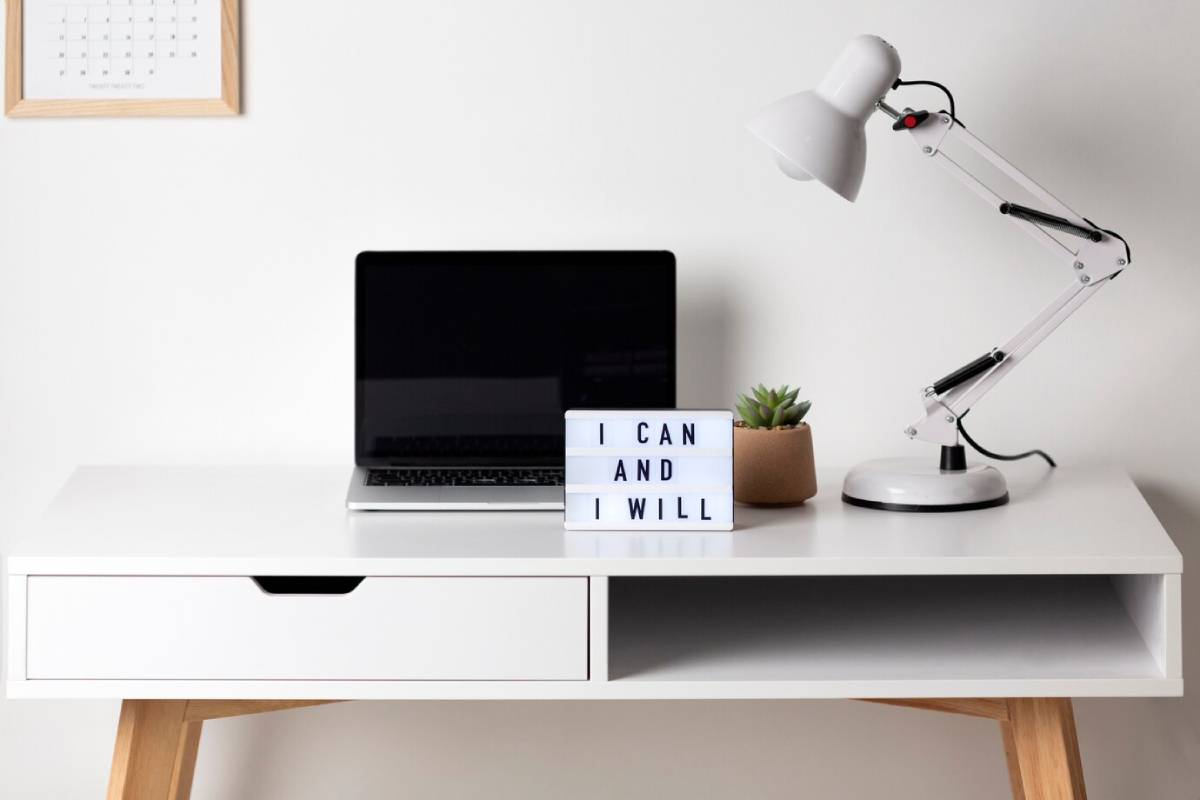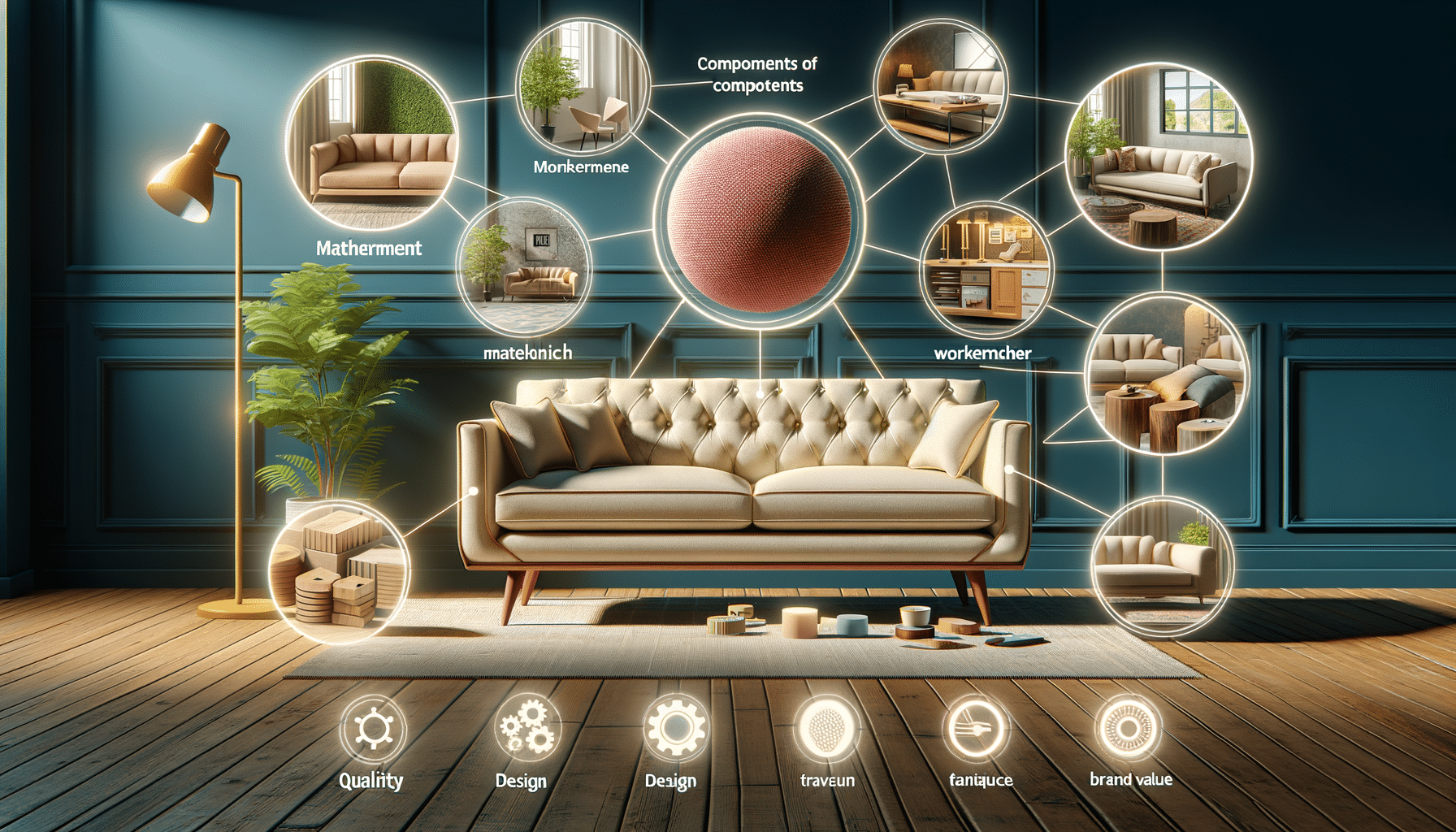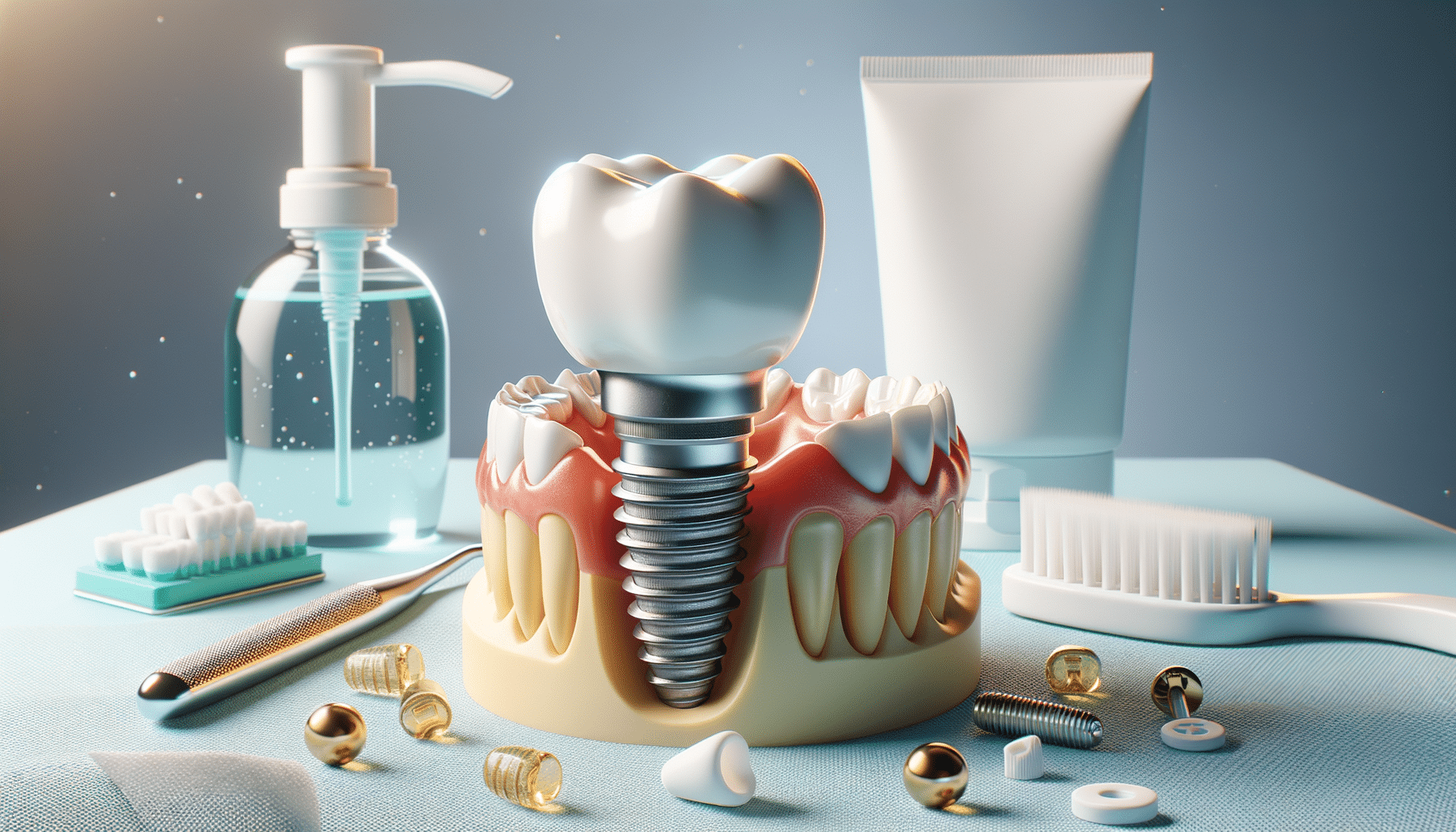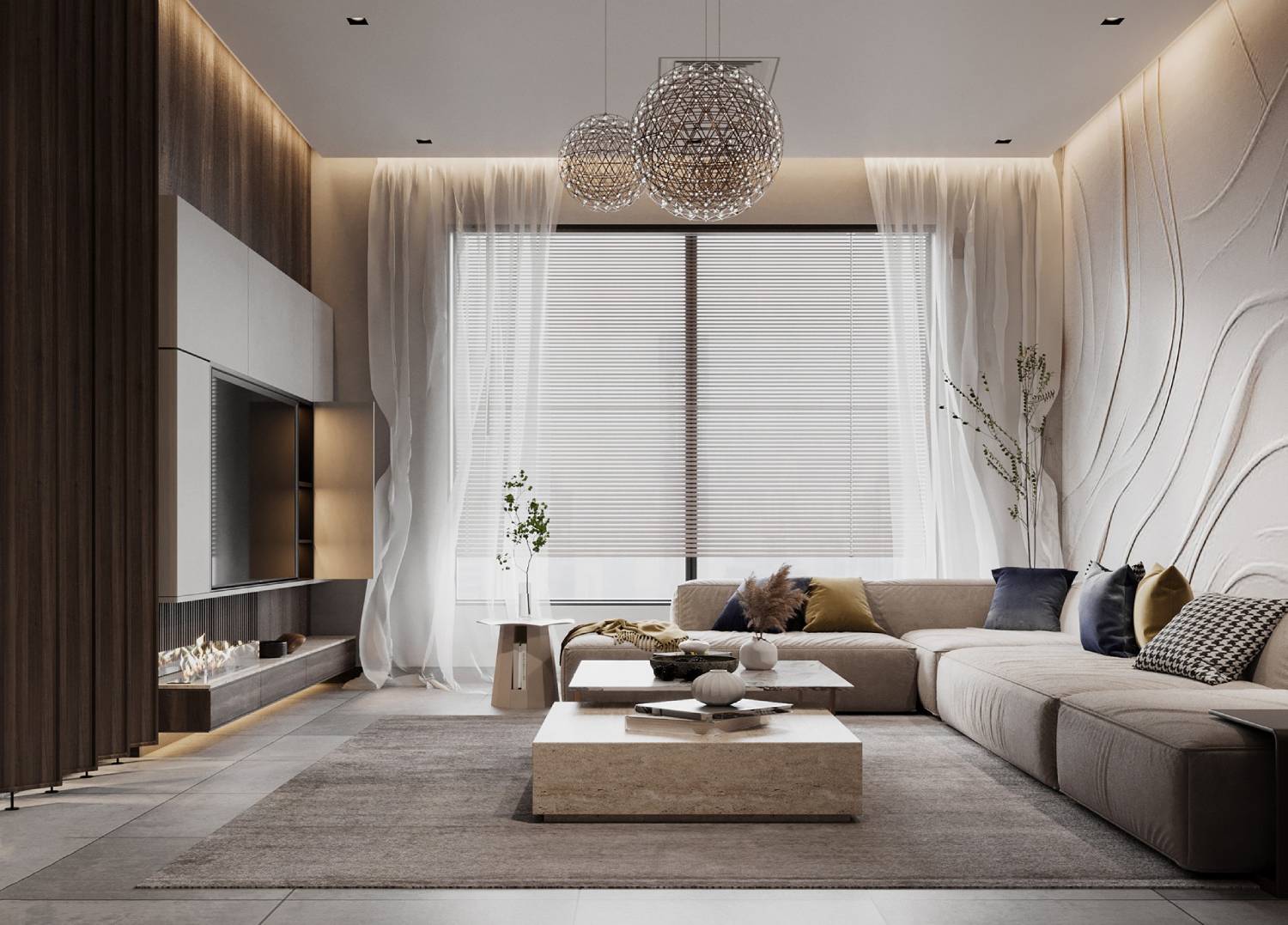
The Connection Between Minimalism and Mental Clarity
Introduction: Clearing Space to Clear the Mind
Have you ever felt mentally foggy or overwhelmed in a cluttered room? You’re not alone. The connection between our physical surroundings and our mental wellbeing is deeper than we might think. In a time when consumerism shapes our choices, minimalism feels refreshing. Our homes often turn into storage for items we rarely use. Minimalism offers a new way to live, both in spirit and space.
Minimalism is more than just a design trend or aesthetic. It is a lifestyle philosophy that centres around intentionality—choosing to live with less in order to focus more on what truly matters. Minimalism clears desks and simplifies wardrobes. It helps us reduce decision fatigue and cut distractions. This creates calming spaces that boost mental clarity.
This blog explores the psychological benefits of minimalist living. We’ll look at how clutter impacts the brain. We’ll also explore what science says about simplicity and focus. Finally, we’ll see how real-life minimalist practices can boost mental wellness. You’ll also get practical tips on how to begin your minimalist journey and how to maintain balance without becoming overly rigid. If you’re new to minimalism or want to improve your practice, this guide gives you helpful tips and proven ideas.
By the end, you’ll understand why living with less truly gives you more—more peace, more clarity, and more mental space to thrive.
Understanding Minimalism as a Lifestyle
What Is Minimalism?
Minimalism isn’t about owning nothing; it’s about owning only what serves a purpose or brings joy. At its core, it encourages:
- Intentional living: making conscious decisions about what to bring into your life.
- Clutter reduction: removing physical and mental distractions.
- Freedom from consumerism: valuing experiences over possessions.
The Psychological Foundation of Minimalism
According to psychology, clutter can lead to increased levels of cortisol, the stress hormone. When our environments are chaotic, our minds often mimic that chaos. Minimalism helps combat this by creating visually and cognitively clean spaces. This reduces sensory overload and encourages calmness.
A study in the Personality and Social Psychology Bulletin found that people who see their homes as cluttered often feel more depressed and tired. People who saw their homes as restorative were happier and felt better overall.
Clutter and the Brain: What Science Says
Cognitive Load Theory
The cognitive load theory suggests that our brains can only handle a limited amount of information at a time. A cluttered space makes our brains work harder. This extra effort can cause mental fatigue and reduce focus.
Decision Fatigue

Too many choices—what to wear, what to eat, what to do next—can deplete our mental resources. Minimalism helps us focus by reducing our stuff. This means fewer decisions, so we save our mental energy for what really matters.
Case Study: The Wardrobe Edit
Consider the concept of a capsule wardrobe. By limiting clothing choices to a few versatile pieces, people report:
- Increased satisfaction with what they wear
- Reduced morning stress
- Enhanced personal style clarity
This simple change often leads to broader lifestyle shifts towards minimalism and mindfulness.
Minimalism and Emotional Wellbeing
Decluttering as Therapy
There’s a reason why decluttering feels so good. The act of cleaning and organising triggers a sense of accomplishment and control. For those facing anxiety or depression, small wins can help. Tidying a drawer, for example, can be very therapeutic.
Marie Kondo’s “spark joy” method became popular. It offers tidying tips and links emotions to objects. By choosing items that bring joy, we cultivate gratitude and mindfulness.
Space and Mindfulness
A clear space encourages a clear state of mind. Mindfulness—the practice of being present—flourishes in environments free from visual noise. Meditation, journaling, or just enjoying silence works better in minimalist spaces.
Minimalism and Anxiety

Living in cluttered environments can subtly elevate anxiety levels. Minimalism provides:
- A sense of control over your environment
- Predictability and order, which soothe the nervous system
- A calm backdrop for mental and emotional reflection
Minimalism in Practice: Real-Life Applications
Digital Minimalism
We often forget that our digital spaces also contribute to mental clutter. Digital minimalism involves:
- Decluttering your inbox
- Limiting screen time
- Using technology intentionally, not habitually
Cal Newport, in his book Digital Minimalism, says that cutting down on digital distractions helps us regain control and focus.
Home Organisation Strategies
Minimalism at home doesn’t require a complete overhaul. Try starting with:
- The one-in, one-out rule: For every new item, remove one.
- Room-by-room decluttering: Focus on one space at a time.
- Storage with intention: Use containers that encourage limits.
Minimalism with Children
Many parents fear that minimalism and kids don’t mix. But the opposite is often true. Children thrive in spaces that are:
- Calm and structured
- Free of overstimulation
- Focused on quality play rather than quantity of toys
Use strategies like rotating toys or creating dedicated play zones to maintain balance.
Minimalism Beyond the Home
Workspaces

A minimalist desk setup can enhance productivity and reduce stress. Essential features include:
- A clean desktop
- Limited supplies (only what you use daily)
- Personal touches that inspire (not distract)
Minimalist Schedules
Time is one of our most precious resources. Adopting a minimalist approach to time means:
- Saying no to non-essential commitments
- Blocking out time for rest and creativity
- Prioritising deep work over busywork
Travel and Minimalism
Minimalist travel is gaining traction. Packing light, staying in simple accommodations, and focusing on experiences over souvenirs can lead to:
- Less stress
- More spontaneity
- Deeper cultural immersion
Addressing Common Concerns
“Isn’t Minimalism Too Restrictive?”
Minimalism isn’t about deprivation; it’s about making space for what matters most. It looks different for everyone. For some, it means owning 30 items; for others, it’s about being intentional with 300.
“How Do I Start Without Getting Overwhelmed?”
Begin small. Start with one drawer, one corner, or even one app. Celebrate each step as progress.
“Can I Be Minimalist and Sentimental?”
Absolutely. Minimalism doesn’t mean tossing all your keepsakes. Instead, curate meaningful items that genuinely bring joy or represent cherished memories.
Expert Opinions and Scientific Backing
- Dr. Sherrie Bourg Carter, a psychologist and author, says clutter overloads our minds. This excess can lead to stress and restlessness.
- A study from Princeton University found that visual clutter distracts you. This distraction lowers your performance and raises your stress levels.
- Neuroscientist Daniel Levitin says that each unmade decision or unfinished task increases our mental load.
These insights reinforce the benefits of mental clarity associated with minimalist living.
Conclusion: Clearing the Path to Mental Clarity
In a world filled with noise—both physical and digital—minimalism offers a rare gift: mental clarity. Reducing clutter, simplifying choices, and making intentional spaces help us focus. This lets our minds reflect and thrive.
Minimalism isn’t a one-size-fits-all solution. It’s a flexible framework that encourages us to ask better questions: Does this serve a purpose? Does this add value? It’s not about having less just for the sake of it—it’s about creating more room for joy, peace, and presence.
Whether you’re cleaning your closet, organising your digital files, or planning your week, each step toward minimalism helps your mental health.
So, where will you begin today? Start small, stay intentional, and watch how clearing your space begins to clear your mind.
Ready to reclaim your space and your peace of mind? Sign up for our newsletter! Get weekly tips on minimalist living, downloadable decluttering guides, and exclusive insights from wellness experts.
Let simplicity lead the way.


